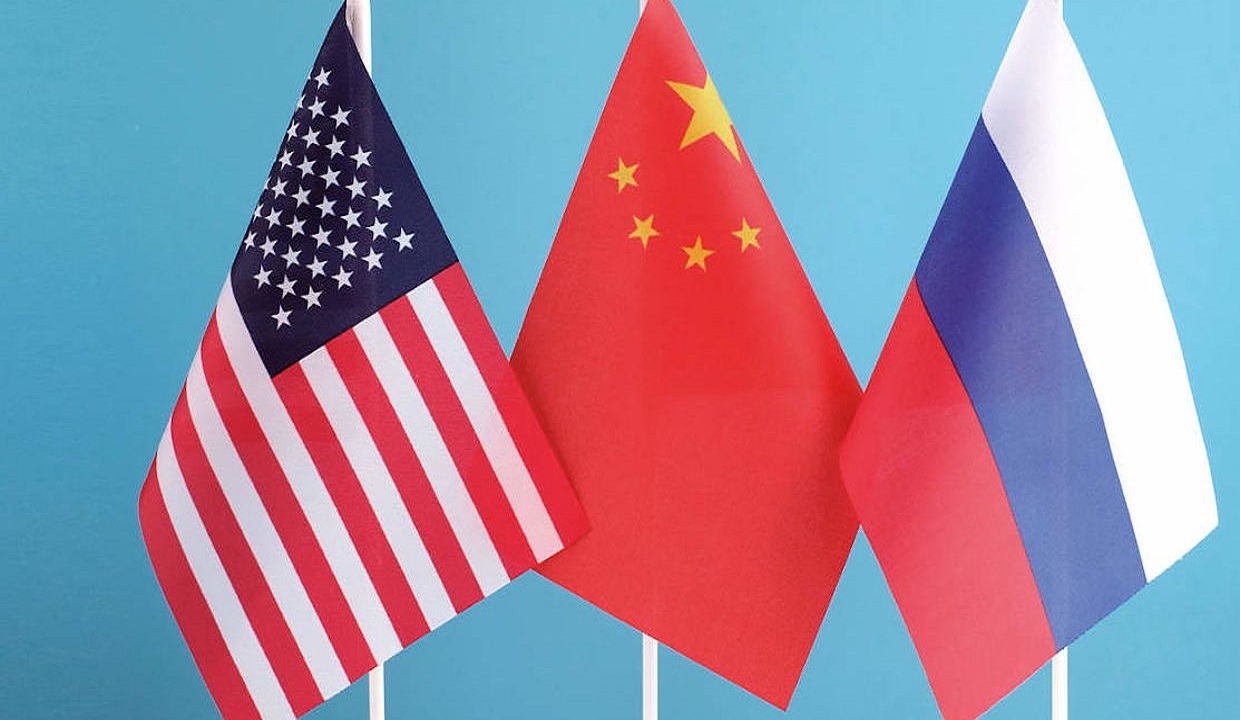Speaking in an interview with the website of the Strategic Council on Foreign Relations, Dr. Mahmoud Dehghan, referred to Russia’s decision to withdraw from the Treaty on Open Skies, following US opposition to its return to the treaty, and said: The United States feels that if a new organization like Shanghai adds China’s economic power to Russia’s spatial superiority and an alliance is formed, Russia will no longer need to ransom the United States on a global scale.
Referring to the dimensions of the Shanghai Cooperation Organization’s power in the security, economic and military spheres, he added: The changes that Mr. Trump wanted to make through personal contacts with the leaders of some countries, including the North Korean leader, failed, and the United States is planning a military presence in the South China Sea and its surrounding islands, at any cost. China’s possible domination over the Eurasian region appears to be strained, which is why it is trying to strengthen its navy.
US concerned about unification of Russia and China
The international affairs expert cited pressure on Russia to distance it from China, saying the United States was concerned about China-Russia alliance and did not want China’s economic giant to infiltrate the security sector. We even see this concern about the resurgence of the Silk Road.
Dehghan continued by saying that the Chinese had explicitly stated that part of the large budget that the United States had approved was to deal with China, noting: Russia-US relations are currently at their lowest level and there seems to be pressure on Russia in various areas with an aim of preventing the Russians from entering this blocking and from siding with China as an ally. By increasing pressure on Russia, the United States seeks to take concessions from that country in line with distancing itself from China.
Russia-US arms race
Regarding the possibility of an arms race between the United States and Russia, he said: Russia and the United States have already entered into an arms race, filling the gaps that are forming in the political spheres of the world is very important for both powers. The United States needs more modern weapons to maintain its status quo and the dominant hegemony of the world, and in fact seeks the military sphere for economic supremacy. It is as if at the end of Mr. Clinton’s tenure, when the United States was dealing with domestic issues, they realized the neglect of global divisions and China’s use of that space.
Referring to the US crises in the world and resorting to weapons to compensate for this gap, he continued: Russia, despite the pressure on the people economically, still has not stopped paying attention to weapons and the arms race with the United States and tries not to leave the field, taking into account the Soviet experience.
The university professor said that escalation of tensions between the United States and China in the next 10 years is likely to escalate into a military war between the two countries, adding: China is rapidly signing long-term contracts with various countries and is somehow recruiting countries.
Loss of subjectivity of some treaties with increasing technological achievements
Dehghan called the military sphere the only superior lever of the United States against the power of China and Russia and said: Contracts are gradually losing their relevance as technological achievements increase. These included the Treaty on Open Skies, which both countries withdrew from; like the agreement on “banning sending voice from one country to another”, which later came to an end spontaneously, although that international ban still exists.
He explained: There is this issue in the military field; the United States, in terms of its position in the international arena, has achieved very precise weapons in the field of weapons of mass destruction; so the future wars are very deadly wars in which atomic and microbiological elements are used, the era of tanks and cannons in wars is definitely over.
The university professor, referring to Russia’s economic strength to compete with the United States in an armed conflict, noted: Russia cannot stand up to the United States alone in terms of economic weakness. If the same trend of increasing military spending continued, Russia would be on the verge of collapse. That is why Russia is looking for a Shanghai agreement to make up for this weakness, an agreement that starts in Russia and ends in China.
Mutual need of China and Russia to each other
Dehghan, stating that the Russians need China’s economic support and China needs Russia’s military support, said: If the two countries can get closer to each other and move the policies of some countries in this region towards the alignment of their policies, it is natural that this region will be integrated.
He stressed that the pressure that we are witnessing by the United States on Russia, as well as the creation of numerous and continuous political crises, is aimed at leading Russia to a position that ultimately in the negotiations, undertakes not to interfere in the US-China conflict.










0 Comments